Will Renewable Natural Gas affect your fleet?
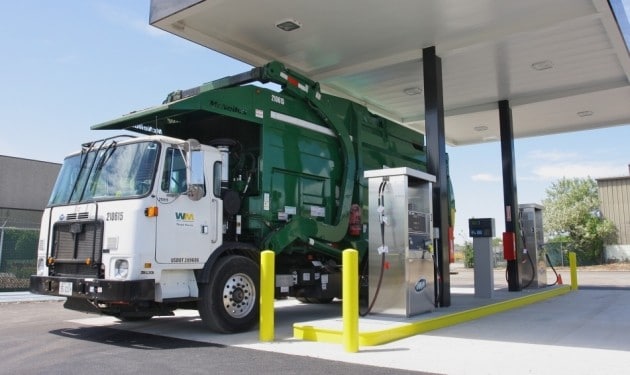
You’ve probably heard a lot of buzz around renewable natural gas (RNG). Unlike natural gas that’s derived from deep underground wells, RNG comes from organic waste material sourced from dairies, landfills, and water treatment plants. Some states like California are pushing hard for this alternative energy source to decarbonize the sectors that already depend heavily on CNG, […]
All NGV technicians benefit from CNG Fuel System Inspector training
While you may only have a handful of technicians who have been designated or trained as CNG Fuel System Inspectors, the reality is that all of them would benefit from this course. There are a few reasons for this, but the one I want to stress the most is safety. By their very nature, CNG […]
Confused about these CNG fuel system inspection requirements?
We understand that your fleet needs to keep moving, but not at the expense of safety. We also know that some regulations may seem confusing when it comes to the proper inspection and maintenance of your CNG fuel systems. Here are the ones we get the most questions about, and our recommendations on how to […]
Want your CNG fueling station to last 50 years?
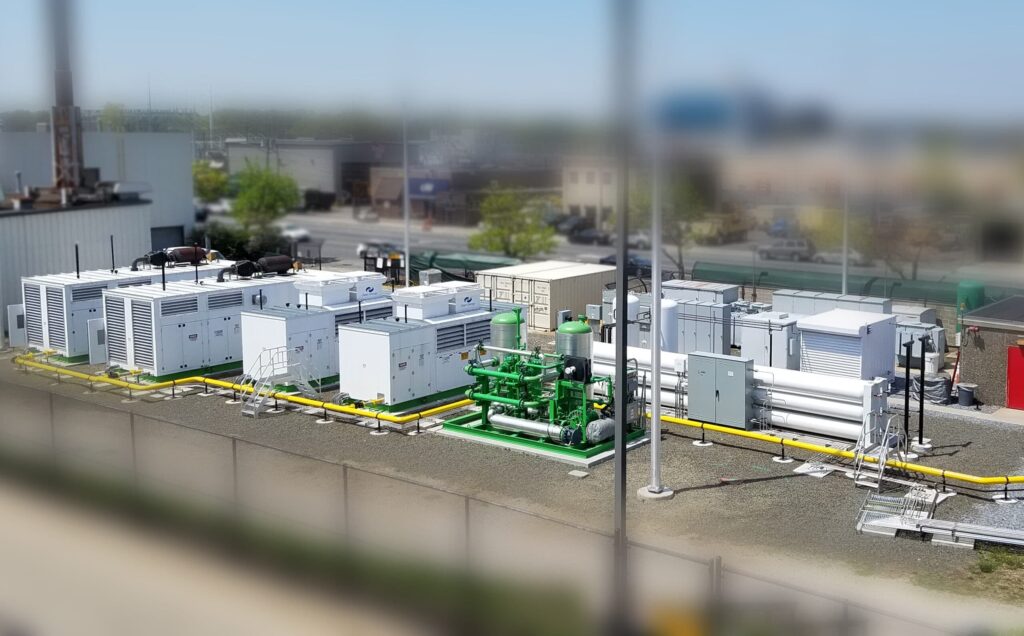
Depending on how well you maintain your CNG fueling station, it could either perform well for 50 years or fall apart after 5. The good news is that it’s relatively simple to get the most out of yours, as long as you follow industry best practices and manufacturer’s guidelines for preventative maintenance on your compressors. […]
CNG in-person training is still available—and safe
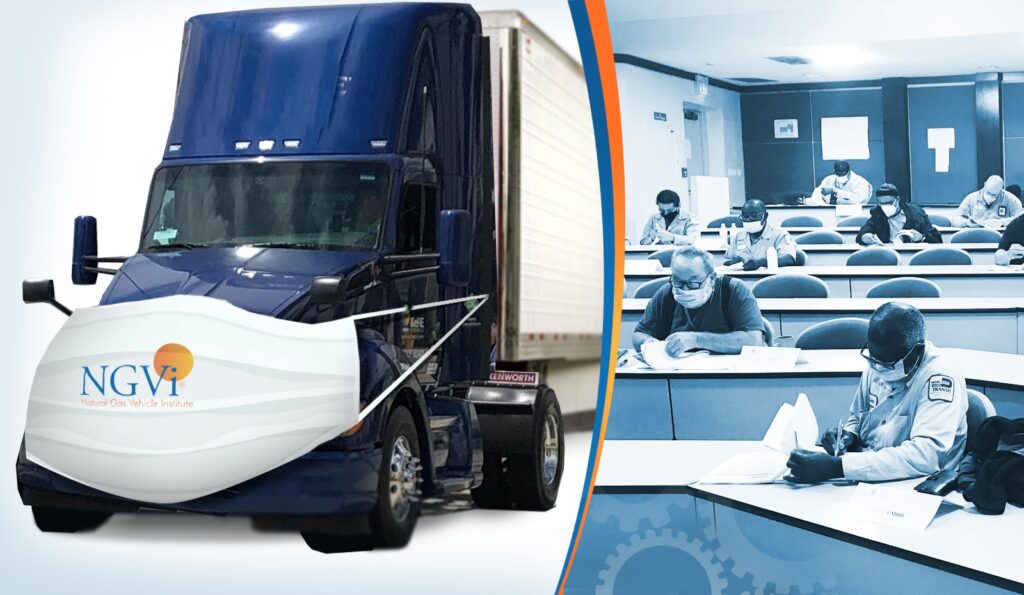
You may have considered some of the courses we offer for getting your technicians up to speed on the latest in heavy-duty NGV maintenance and diagnostics, or CNG fuel system inspection requirements, but you’re worried about holding on-site training. We understand your concern. The pandemic has forced all businesses, regardless of industry, to rethink […]
Flint MTA: CNG Training Gave Us Increased Fleet Uptime and Lower Technician Turnover
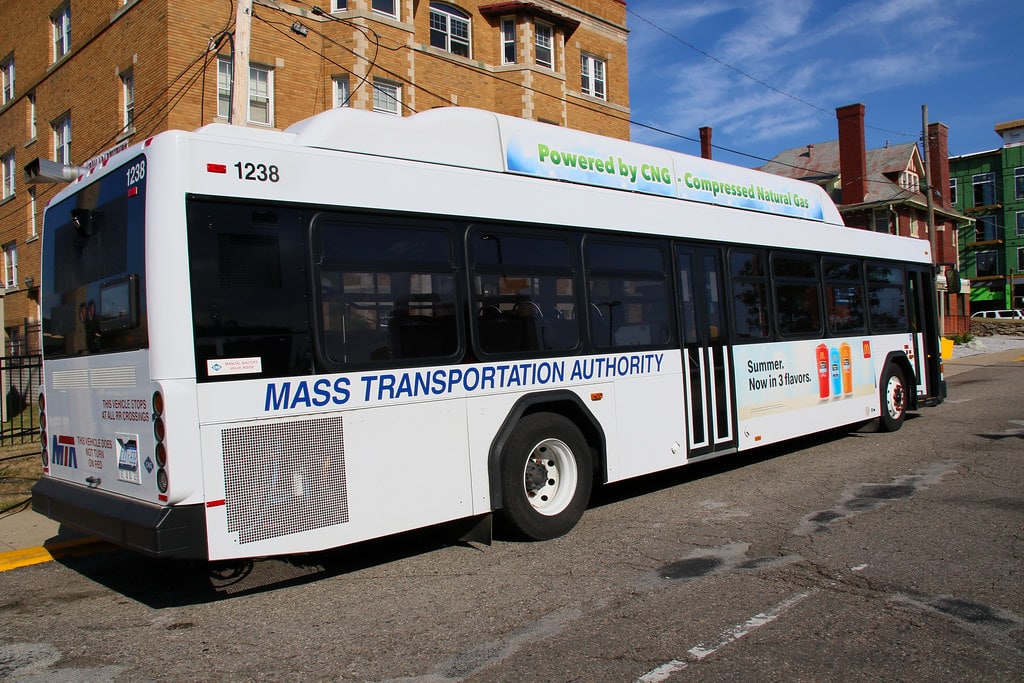
Mass Transportation Authority in Flint, Michigan (Flint MTA) is taking a huge step to reduce its carbon footprint by working towards a 100% alternative fuel fleet. Flint MTA began introducing CNG to its fleet in 2015, and started training with NGVi shortly after. Recently, NGVi had the opportunity to talk with Robert Ellsworth, Maintenance Quality […]
NGVi Partner Spotlight: Valvoline Salutes Unsung Heroes of COVID-19
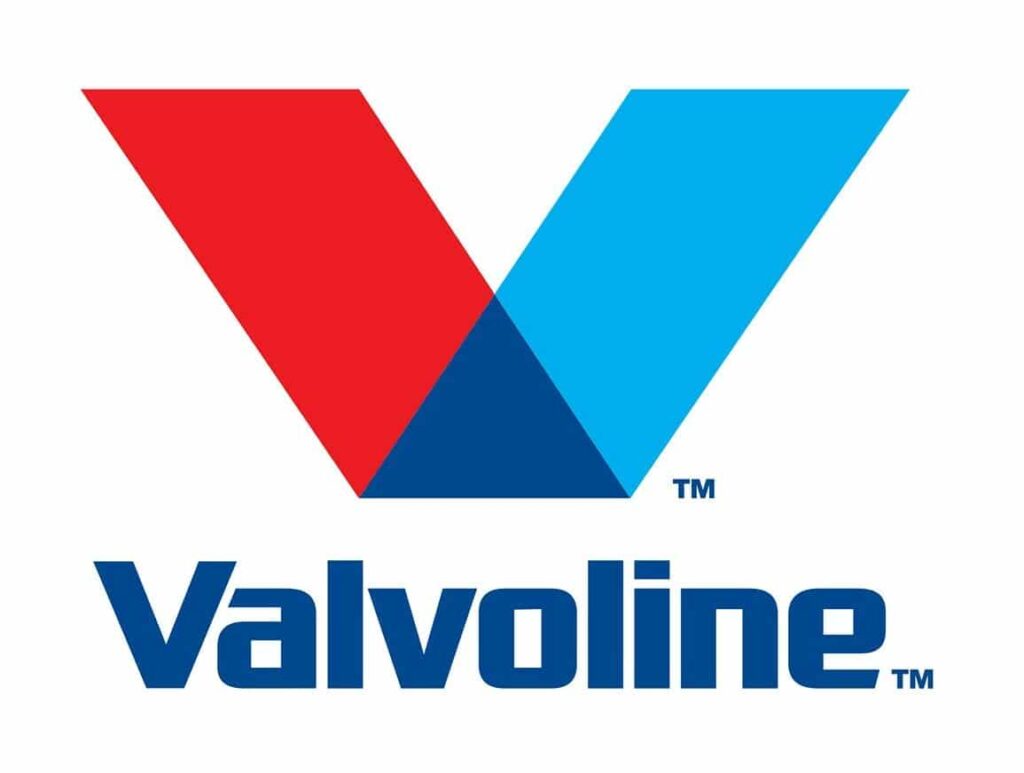
When NGVi chooses companies to participate in our Partners Program, we take the responsibility seriously. We know that NGV fleets all over the country look to our partners for the highest-quality products and services, and our goal is to make sure that’s exactly what they get. But choosing an NGVi Partner goes deeper, because as […]
Training and Manufacturer Familiarization: Why You Need Both
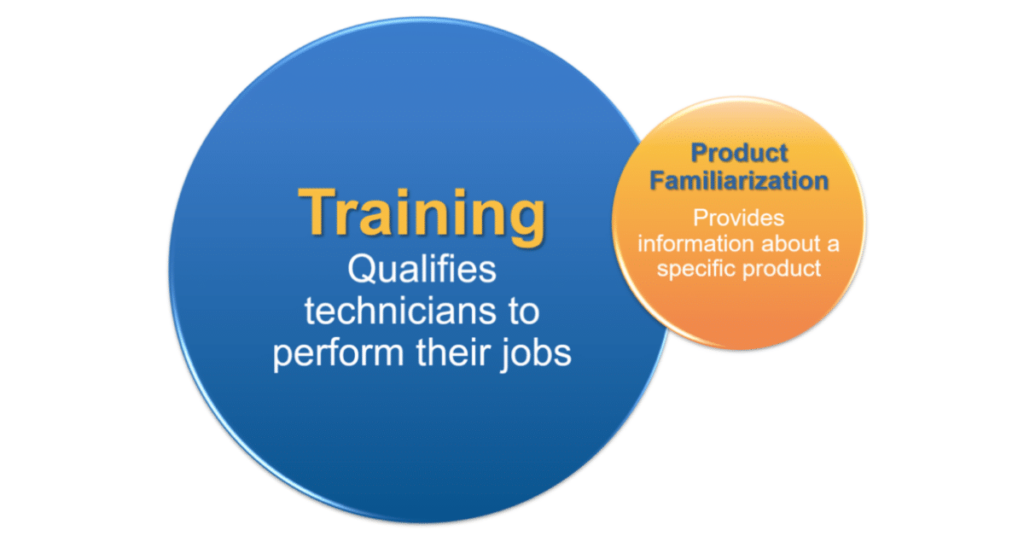
By Emily Rios, Learning and Content Developer, NGVi Customers often ask, “Why do we need NGVi technician training when we can get training from the manufacturer?” The short answer is, “You need both.” What most manufacturers call “training” is actually product familiarization. To recognize the value of both, it is important to understand the differences […]
Customized E-Learning: The Perfect Solution
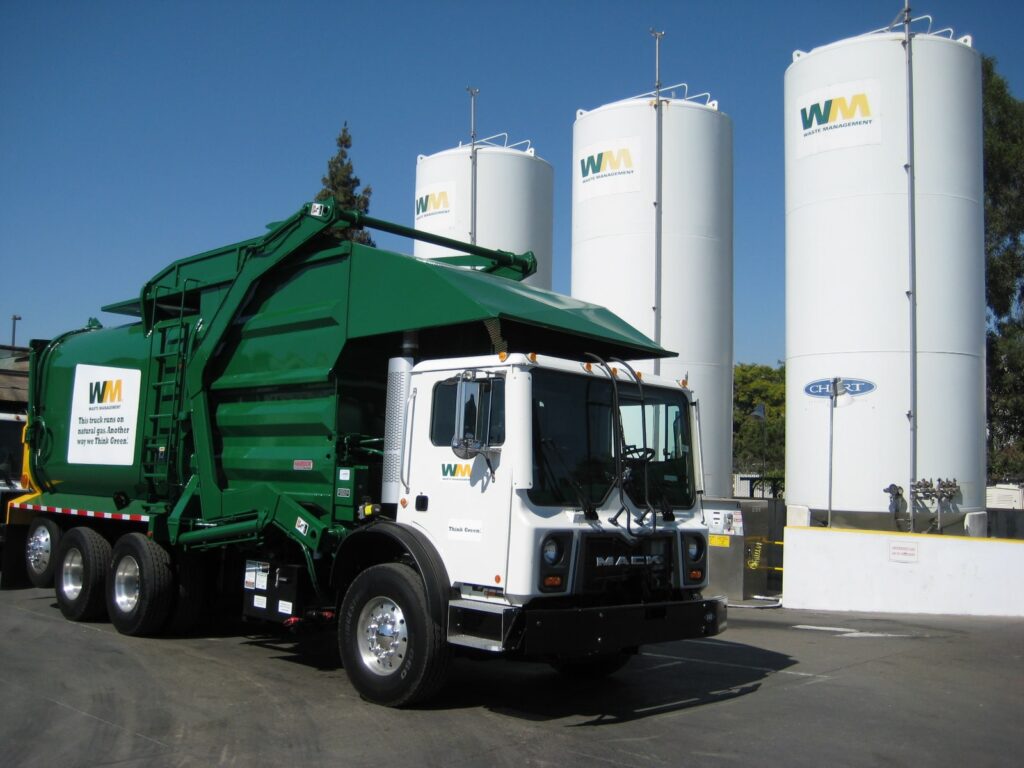
Training Challenge Waste Management takes pride in operating the largest NGV fleet in North America. It employs a large team that requires training – 9,000 drivers and 1,600 technicians to be exact. The company’s challenge is how to properly train employees who work in diverse locations and even speak different languages. Traditional, classroom-based training with […]
Levels 2 and 3 Damaged Cylinders: Next Steps
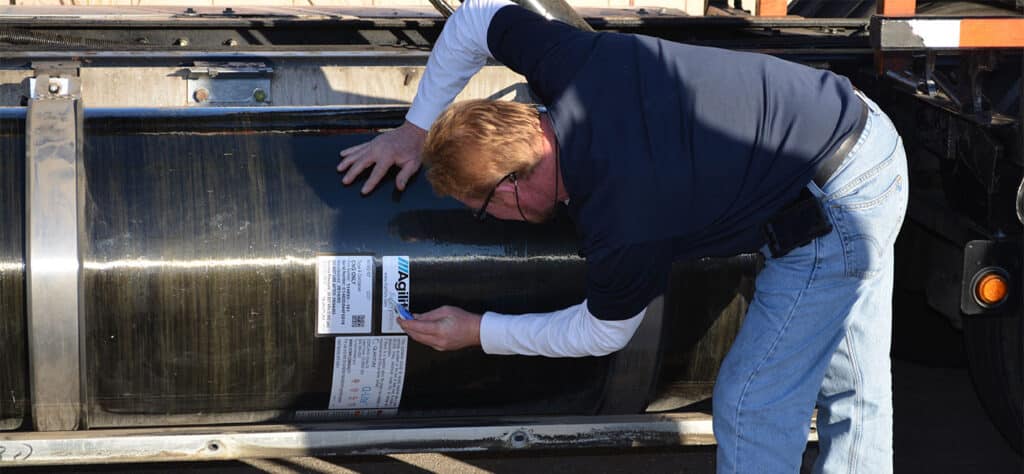
By Emily Rios, Learning and Content Developer, NGVi After a Detailed Visual Inspection, a CNG Fuel System Inspector is responsible to determine the final disposition of the inspection, and if necessary, properly handle CNG cylinders with Level 2 and/or 3 damage. Many technicians ask if these cylinders can be isolated from the fuel system and […]
